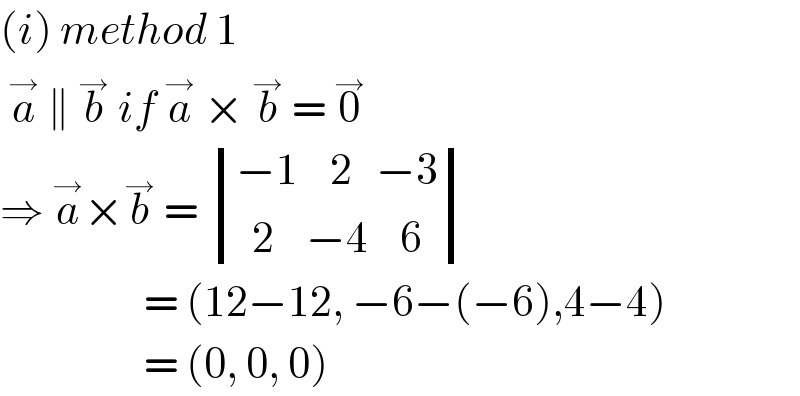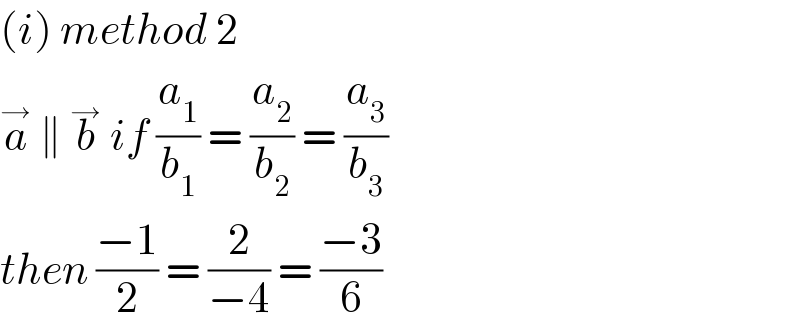
Question and Answers Forum
Question Number 119572 by zakirullah last updated on 25/Oct/20

Commented by bemath last updated on 25/Oct/20

Commented by bemath last updated on 25/Oct/20

Commented by zakirullah last updated on 25/Oct/20

| ||
Question and Answers Forum | ||
Question Number 119572 by zakirullah last updated on 25/Oct/20 | ||
 | ||
Commented by bemath last updated on 25/Oct/20 | ||
 | ||
Commented by bemath last updated on 25/Oct/20 | ||
 | ||
Commented by zakirullah last updated on 25/Oct/20 | ||
 | ||